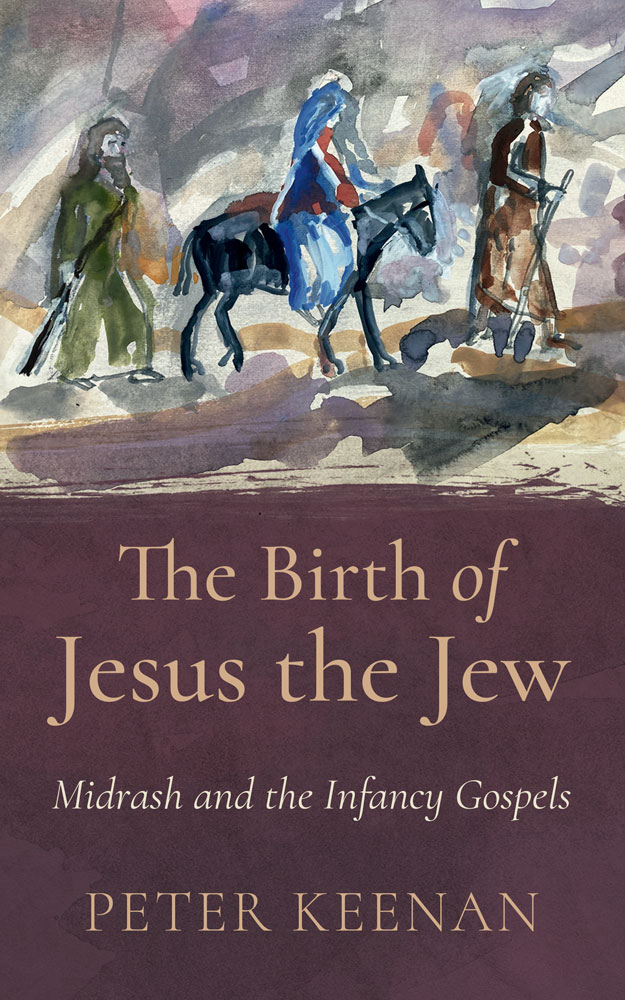Description
“The New Testament defies all attempts to easily categorise it. What the unwitting reader requires is an experienced, thoughtful guide to its richness and complexity. Peter Keenan fits the bill. In sharing his wisdom, he makes an important contribution to the Jesus debate.” – Peter Stanford, Former Editor of The Catholic Herald
“Ever since the Emperor Constantine sought conformity of faith across the Roman Empire by imposing fixed doctrinal understandings, a more foundational Christian narrative, fluid, imaginative and subversive, has been suppressed. In this book, Peter Keenan, invoking the ancient wisdom of midrash, recaptures what Christianity looked like before it became so rigidly institutionalized. The reader is presented with an enlightened view of this ancient wisdom – which remarkably affirms and reinforces the liberating wisdom pursued by many spiritual seekers in the 21st Century.” – Diarmuid O’Murchu, Specialises in Adult Faith Development
The Birth of Jesus the Jew is a short introduction to how the Jewish literary genre of ‘Midrash’ has shaped the infancy stories in the two canonical Gospels and some apocryphal works. It argues that these important faith testimonies are not ‘history’ in the sense that we tend to understand that term – Jesus, for example, was almost certainly born in Nazareth, not Bethlehem.
The situating of his birth in Bethlehem is a theological, not historical, statement. Similarly, the infamous account of Herod’s Massacre of the Innocents never took place. It is a Midrash derived from the account in the ‘Old Testament’ of Pharaoh’s attempt to kill the baby Moses.
When we read these stories through the lens of ‘Jewish eyes’, we are better able to appreciate their meaning both for the Jewish-Christians of the first century and for Christians living now. This slim volume is a contribution to encouraging further Jewish-Christian dialogue against the background of the long shadows cast by the Holocaust.
About the Author
Peter Keenan was born in Dublin. He studied for the priesthood but left before ordination. He holds a B. A. degree in Theology, specialising in history and religious studies. Peter has lectured extensively at clergy, student, lay and teacher gatherings.
In 1986, Peter was appointed an advisor to the Catholic Bishops’ Conference of England and Wales. He served for many years as secretary to its Committee for Catholic- Jewish Relations. Peter has led educational visits/pilgrimages to the Holy Land. He describes himself as a post-Holocaust Catholic.

